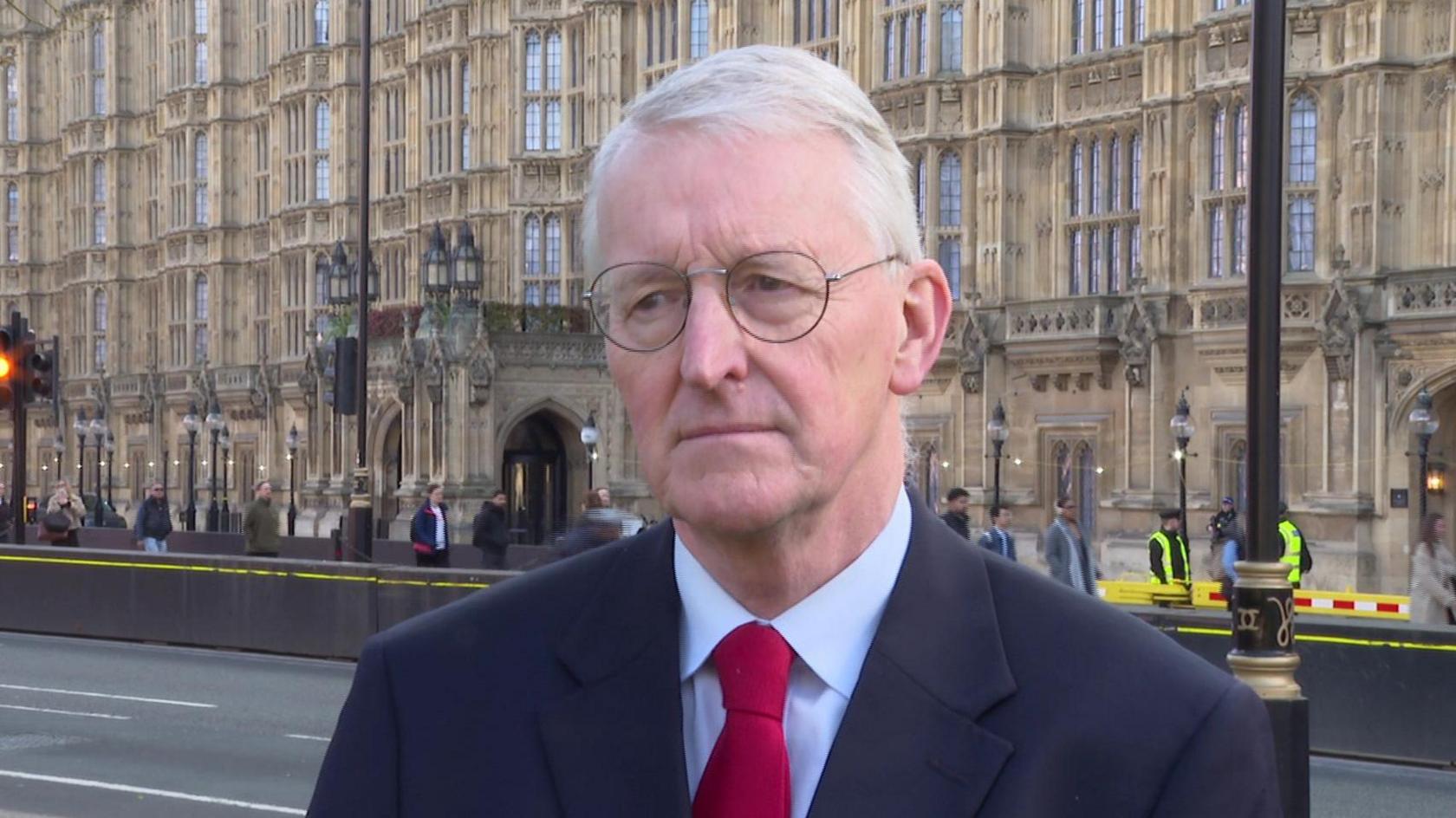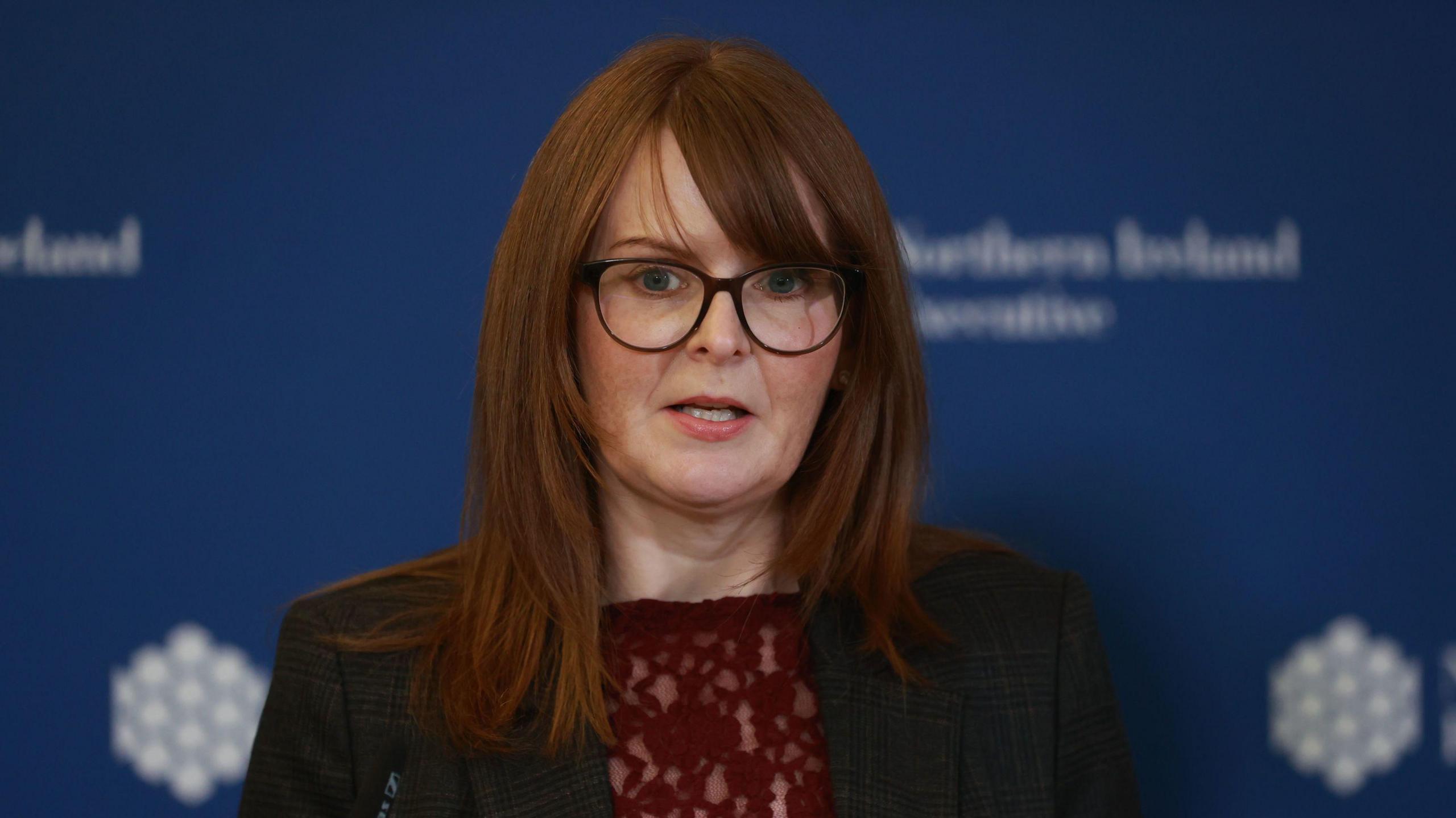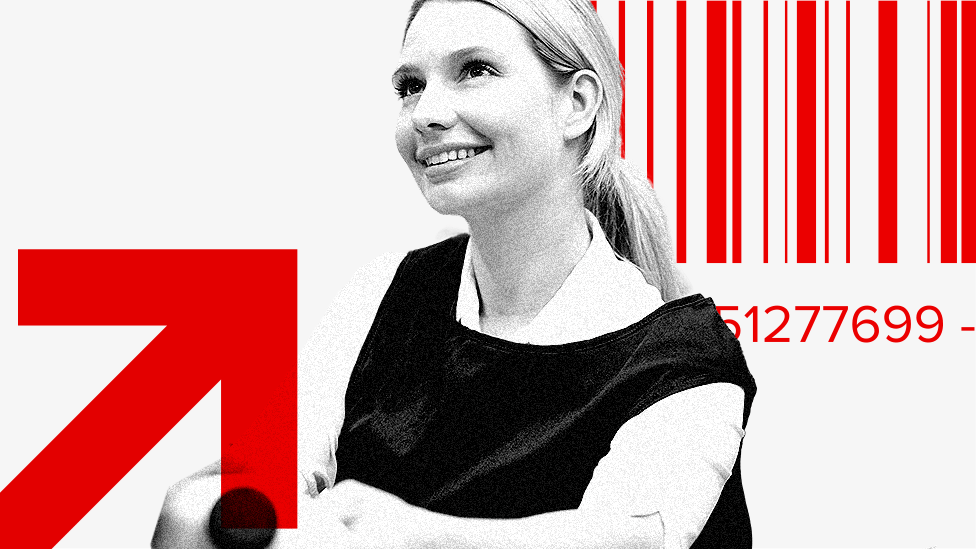How much more will low paid workers get in their wages?

The government said the increase to the National Living Wage, which is paid to over-21s, is worth £1,400 per year for full-time workers
- Published
Up to 170,000 of the lowest paid workers in Northern Ireland are due to receive a pay rise on Tuesday.
They are among the 3.5 million people across the UK who are benefiting from increases to the National Living Wage and National Minimum Wage.
The government has said the increase to the National Living Wage, which is paid to over-21s, is worth £1,400 per year for full-time workers.
Meanwhile, employers will have to pay this increase in wages on top of the increase in employers' National Insurance contributions, which are coming into effect on 6 April.
What are the National Living Wage and National Minimum Wage?
The National Living Wage has applied to those 21 and over since April 2024 - previously you had to be 23 to receive it.
The National Minimum Wage is for younger employees aged between 16 and 20.
The government announced the wage increases in the Budget last September - they mean:
The National Living Wage has gone up by 6.7%, from £11.44 to £12.21 per hour
The National Minimum Wage for 18 to 20-year-olds has increased by 16%, from £8.60 to £10 per hour
The National Minimum Wage for under-18s has gone up by 18%, from £6.40 to £7.55 per hour
The apprenticeship rate, which applies to eligible people under 19 or those over 19 in the first year of an apprenticeship, has increased by the same amount
How do employers feel about the minimum wage increases?
Mount Charles employs about 3,500 people in support services, like catering, cleaning and events, across the island of Ireland.
Chief strategy officer Gavin Annon said: "This impact, between National Insurance and National Living Wage is roughly an extra £2.5m to us, so it's significant.
"We're a low-margin business as it is so we can only pass that cost on to our clients so much. It's been a huge ask for us to try and find a way to mitigate this."
Mr Annon said the change is "frustrating" but the company will "have to be smarter with the resources that we deploy".
"The rubber hasn't hit the road on this yet - it's only coming into place this week - so as and when you see that impact, I think it will change attitudes and behaviour in terms of what this actually looks like," he added.

Gavin Annon said the change could be 'catastrophic' for some sectors
Mr Annon is also president of Belfast Chamber which has more than 600 members.
"The mood music in general has not been good," he said.
"Out of those 600 members, most are small and medium-sized so they won't have broad shoulders to carry this level of impact."
Some members have already decided to pause growth plans and recruitment.
"We need to have long-term sustainable success for businesses but at the minute the attitude has swung the other way where they need to pump the brakes and are in survival mode."
Speaking about different sectors, Mr Annon said: "It would be catastrophic for hospitality, retail, financial services - all the sectors that made Belfast their home - if they decide it's too expensive to be here anymore.
"Let's not make this one step too far."
He added that small organisations that are "mighty" won't have the resilience to carry through this change because the impact is "coming so quickly".

Hilary Benn said the affordability of the move had been taken into account
What has the government said about the minimum wage increases?
Secretary of State Hilary Benn said employers had been taken into account when the decision was made.
"We always ask the Low Pay Commission in making their recommendations about the minimum wage and the living wage to take account of its affordability, that's why we set up the system in that way," he said.
"We're living in challenging times and what may or may not happen today or tomorrow in relation to tariffs we're going to have to deal with when we see what the American administration decides.
"In the meantime what we're doing today is giving a real increase in pay to lots of low paid workers - £1,400 a year for people who are working full time and I'm sure they're going to welcome it."
The UK is among countries expecting to be hit by the new raft of import taxes set to be imposed by President Donald Trump this week.
- Published25 February

- Published29 October 2024

- Published2 August 2024

- Published22 January

